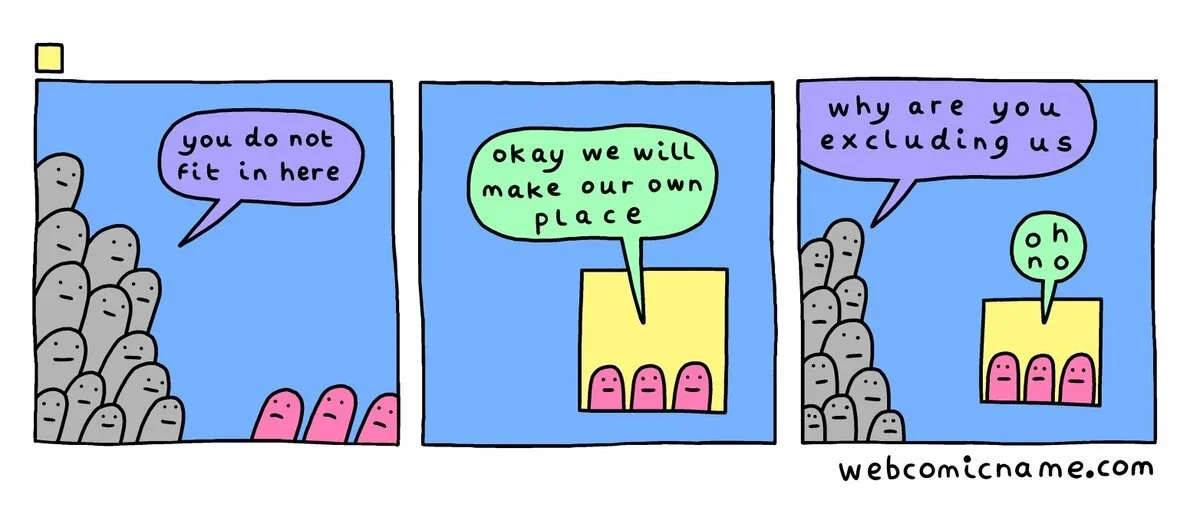Reverse Racism or White Fragility?
The year 2020 is going to be one of those years that changes the course of history. It will be studied and analysed by scholars in the years to come. I am sure most of us are still anxious of what the remainder of the year has in store.
Other than a pandemic that brought the otherwise unstoppable world to a grinding halt, the year will also be remembered for the Black Lives Matter movement and protests.
Although the presence of racism in our modern world is baffling for many, we can’t deny its existence. We’ve heard so many stories and witnessed videos of horrific killings and abuse of people of a non-White background. And yet there is a typical response, a defensiveness, when people consider if they are part of the structural discrimination…..“I don’t see colour. I believe in the treating everyone the same and getting the right person for the job”. I hear these words often when I talk to people about the work I do.
Reverse Racism
Positive discrimination or reverse racism, i.e. appointing a person of Black or Ethnic Minority background simply because they meet a diversity characteristic just doesn’t sit right with many people of a White background. Our society believes in meritocracy – you get out what you put in; you get rewarded for the job you do. Right? Why should White people step aside to allow a Black person to take a role when they have earnt their place?
So with this fundamental belief about the fairness and equality in our system, its unsurprising that we see a backlash towards protests against racism.
A recent example of this selective outrage is the harsh critique of the dance performance by Diversity in the recent series of Britain’s Got Talent.
Diversity performed a routine dedicated to the killing of George Floyd and the Black Lives Matter movement. Ofcom reported that it received approximately 24,500 complaints by viewers expressing outrage on Diversity’s performance.
I’m reminded here of the book written by Robin DiAngelo, White Fragility.
DiAngelo discusses the sensitivity, defensiveness, and discomfort of White people when they are confronted with discussions and protests of racism in society.
Silence, Ignorance and Shame
The backlash of reverse racism isn’t the only reason for the outrage however. This discomfort that DiAngelo talks about is related to the emotions that seeing such the harsh truth Diversity’s powerful dance performance inevitably evoked.
"I’m not racist" – again is a statement I hear people repeat when discussing this subject. The word ‘racist’ is negatively loaded - very few would want any association with it. And yet the dialogue has shifted through the Black Lives Matter movement to one of passive racism…..not doing anything, not saying anything, not realising – all of these mean that the system goes unchallenged. And that evokes feelings of guilt and shame. A quote from Brené Brown sums up the consequences of this:
“Full of shame or fear of shame, we are more likely to engage in self-destructive behaviours and to attack or shame others. In fact, shame is related to violence, aggression, depression, addiction, eating disorders and bullying.”
These are powerful emotions and they are currently running free throughout society, and that’s scary. I’m finding that organisations are at a loss about what to do - how do they manage their emotionally charged workplace?
Let’s look at a few approaches to navigate this:
Develop awareness of structural advantage and systemic power to challenge the concept of meritocracy
Discuss the distinction between equality and equity
Offer tangible examples of everyday situations people can relate to where privilege plays out
Build allyship through explaining what anti-racism looks like
Creating psychological safety is vital if organisations are to successfully have these conversations. Remember that emotions are running high – there will be cynicism, defensiveness, anger and much more.
At Avenir, we have highly experienced and specialist facilitators who can create the right environment for productive discussions and successful outcomes. We have a menu of workshops - each allows these sensitive conversations to be discussed in a safe space. Please get in touch to find out more: www.avenirconsultingservices.com


